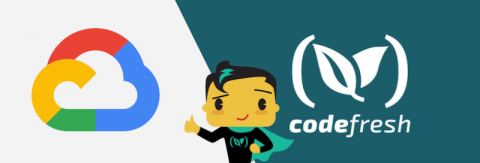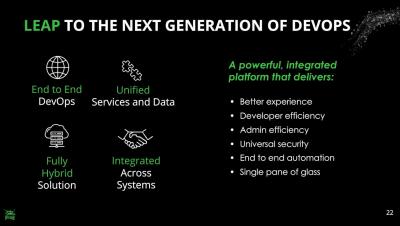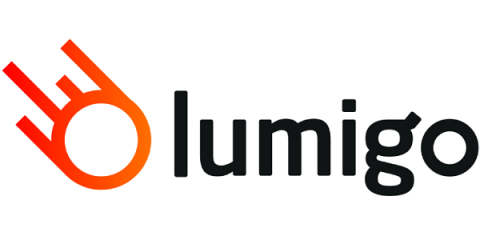Go Big With Pseudo-Versions and GoCenter
Go modules have helped bring order to Go development, but there’s been some disorder lurking. Managing module pseudo-versions can be difficult, especially with some of the latest changes to Go. JFrog GoCenter, the free repository of versioned Go modules, now includes some important updates that can help you stay on course. Let’s take a look at how pseudo-versions work, and what you can expect from those changes.











